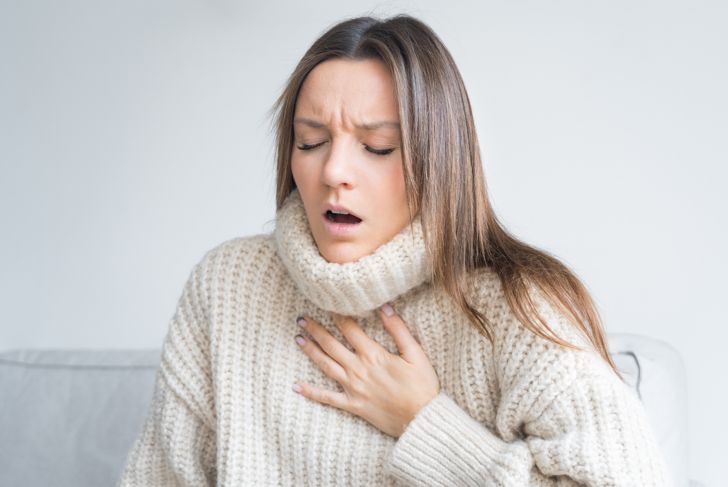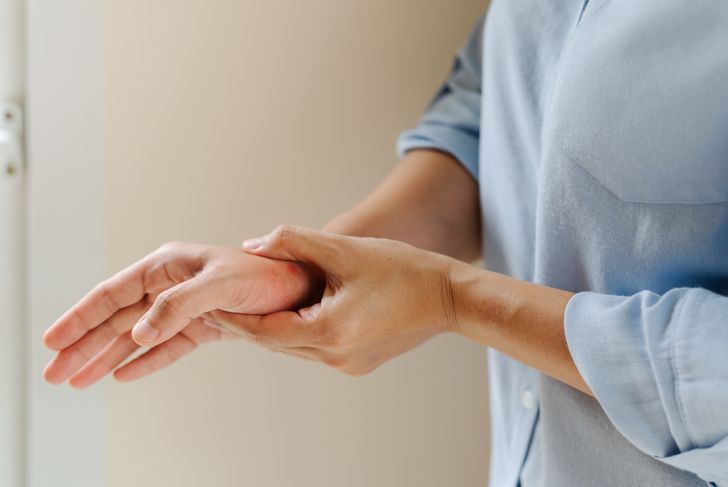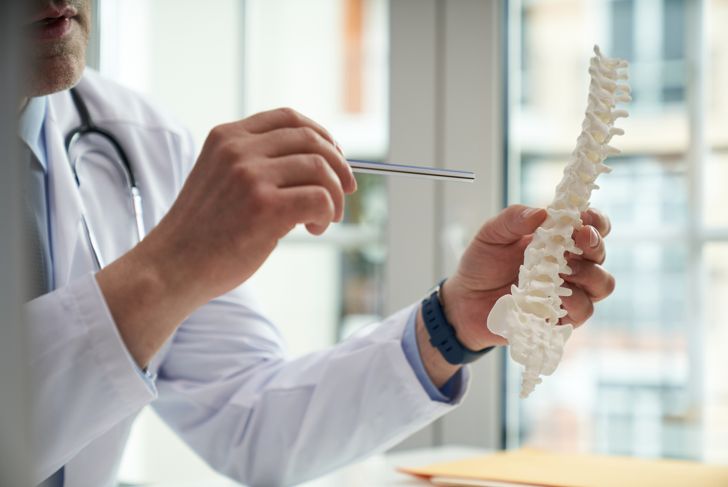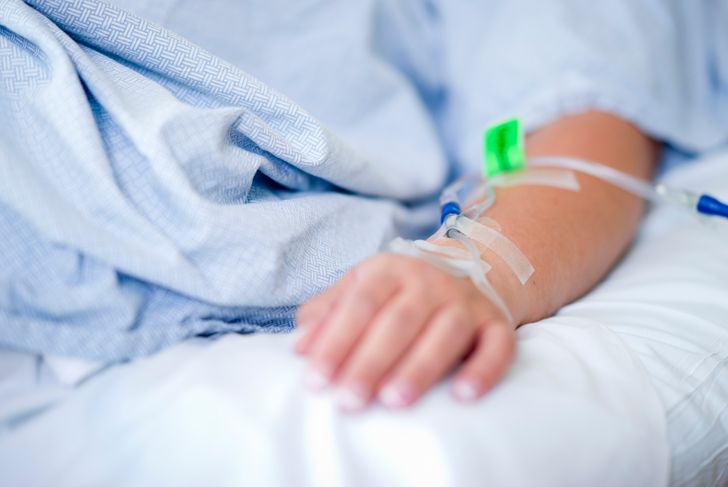Our bodies can synthesize vitamin D when our skin absorbs sunlight. The fat-soluble vitamin is also found naturally in some animal products. Many food products, especially milk, are fortified with vitamin D in the United States.Although we need this essential vitamin to be healthy, vitamin D toxicity may occur if we consume very high doses of vitamin D supplements. Extra vitamin D is stored in fat cells, so it can build up over time and reach toxic levels. Although vitamin D toxicity is rare, it can cause severe organ damage, so it’s important to recognize the symptoms.
Hypercalcemia
Vitamin D toxicity is sometimes called hypervitaminosis D, or VDT. A single large dose of vitamin D can cause VDT, but toxicity usually develops gradually. Too much vitamin D may cause hypercalcemia, which is an excessive amount of calcium in the bloodstream.Long-term hypercalcemia can lead to the accumulation of calcium deposits, in soft tissues such as organs, tendons, and joints. Large deposits can damage surrounding tissue. In extreme cases, ossification occurs in organs. Ossification is the process of growing new bone tissue. In rare cases, extensive calcification can lead to new bone browth in an organ or other location outside of them hypercalemia
Cardiovascular Effects
Calcification can also occur in blood vessels and the lining around the heart, known as the pericardium. Blood vessels lined with calcium deposits may become narrow, hard, and brittle. If the pericardium is affected, a hard, thick calcified lining surrounds the heart and constricts the lower chambers. Cardiovascular symptoms of vitamin D toxicity include irregular heartbeat, high blood pressure, fatigue, and shortness of breath.
Kidney Stones
Nephrocalcinosis, otherwise known as kidney stones, are made of tiny calcium and phosphate crystals. Because vitamin D toxicity increases the amount of both minerals in the bloodstream, it can lead to kidney stones and symptoms such as nausea and vomiting, fever, blood in urine, and intense pain around the back, side, or groin.In addition to the pain and other symptoms, nephrocalcinosis can also damage the kidneys. The stones can grow and damage surrounding tissue as more phosphate and calcium filter through the kidneys. The delicate tissue in the organs doesn’t regenerate, so it’s very important to catch and treat kidney stones immediately.
Muscle Pain
Too much vitamin D can make T-cells, a key component of the immune system, more prone to inflammation. The immune system initiates inflammation as part of the healing process, but overly sensitive T-cells can trigger inflammation in healthy tissue, leading to pain, swelling, and weakness in the muscles and joints.
Cognitive Symptoms
Some cognitive symptoms, such as apathy, fatigue, depression, and forgetfulness, occur gradually as calcium levels in the blood increase. However, an acute vitamin D overdose can cause rapid cognitive impairment.Neurological symptoms include uncontrollable movements, slurred speech, difficulty swallowing, loss of balance, an unsteady gait, slow movement, tremors, and involuntary muscle tensing known as dystonia. Severe cases can lead to coma and death, so immediate medical attention is essential.
Peripheral Nerves
Vitamin D toxicity and hypercalcemia can also disrupt nerve signals in the peripheral nervous system. The most common symptoms include numbness, tingling, prickling sensations, burning, or extreme sensitivity to temperature. Nerve and muscle pain may occur sporadically.Sometimes vitamin D toxicity causes hearing impairment or an altered sense of smell or taste. These symptoms are usually temporary.
Bone Loss
Vitamin D is essential for healthy bones. Health care professionals often recommend vitamin D supplements if people aren’t getting enough of the vitamin through diet or sun exposure. Surprisingly, too much vitamin D isn’t good for bones.A study finds that increasing vitamin D doses higher than the daily recommended amount doesn’t offer any further benefits and may contribute to bone loss.
Upset Stomach
Vitamin D is active in the stomach and intestines where it improves the absorption of calcium and phosphorous. Symptoms of vitamin D toxicity can also occur in the digestive tract. Some people develop gastric ulcers while taking oral vitamin D supplements, especially at high doses.Hypercalcemia can cause nausea, vomiting, and loss of appetite. Other common symptoms include bloating, constipation, and abdominal pain. It’s important to note that an upset stomach isn’t always a symptom. Many people feel nauseous after taking medications or supplements.
Dehydration
Polyuria, or frequent urination, occurs as the kidneys try to remove excess calcium from the bloodstream. Calcium also interferes with urine concentration. The risk of severe dehydration increases if the kidneys excrete large volumes of dilute urine.Dry mouth, tea- or amber-colored urine, low blood pressure, headache, fatigue, and increased thirst are all signs of dehydration. Drinking water to replace losses in urine may prevent dehydration, but too much water can also cause an electrolyte imbalance.
Treatment
Treatment for vitamin D toxicity usually includes a low-calcium diet and stopping vitamin D supplements. A doctor may prescribe oral or IV medications such as diuretics, steroids, and hormones.IV fluids can help reduce calcium levels in the bloodstream. People with damaged kidneys or impaired kidney function may need dialysis to compensate for the additional fluids during treatment.

 Home
Home Health
Health Diet & Nutrition
Diet & Nutrition Living Well
Living Well More
More




















